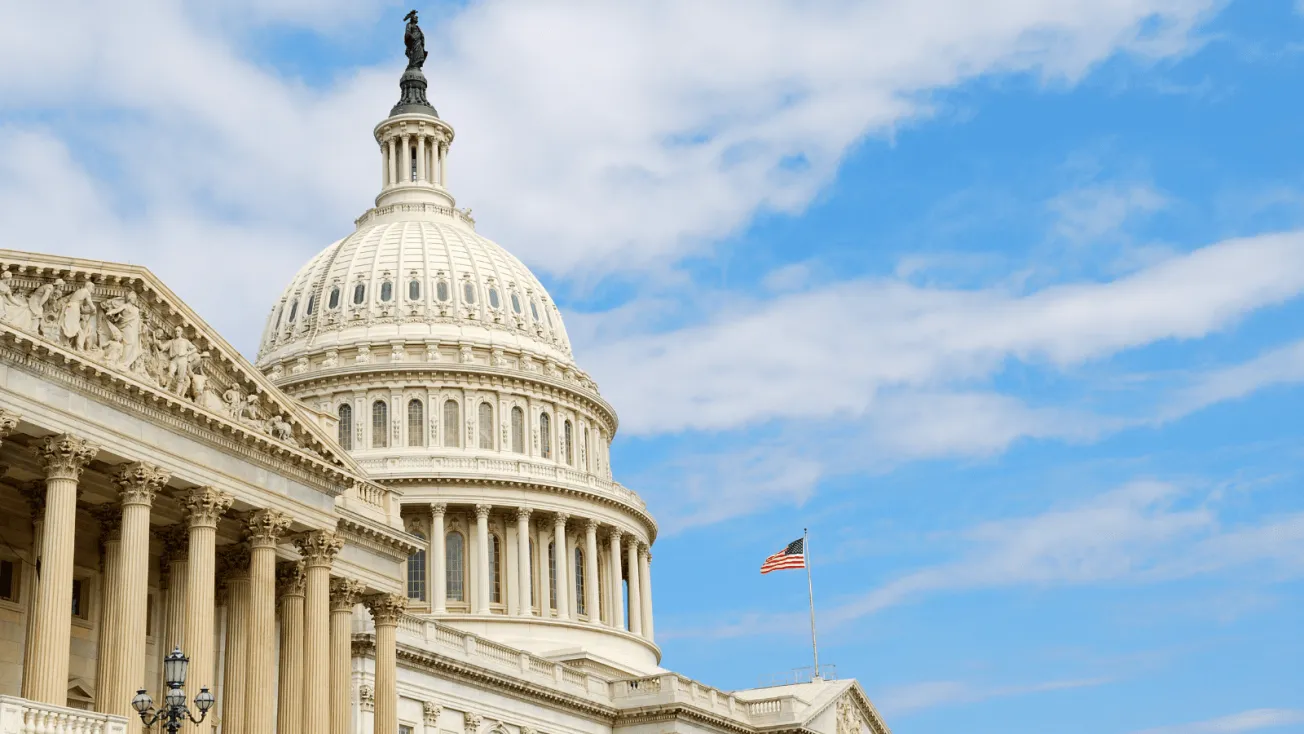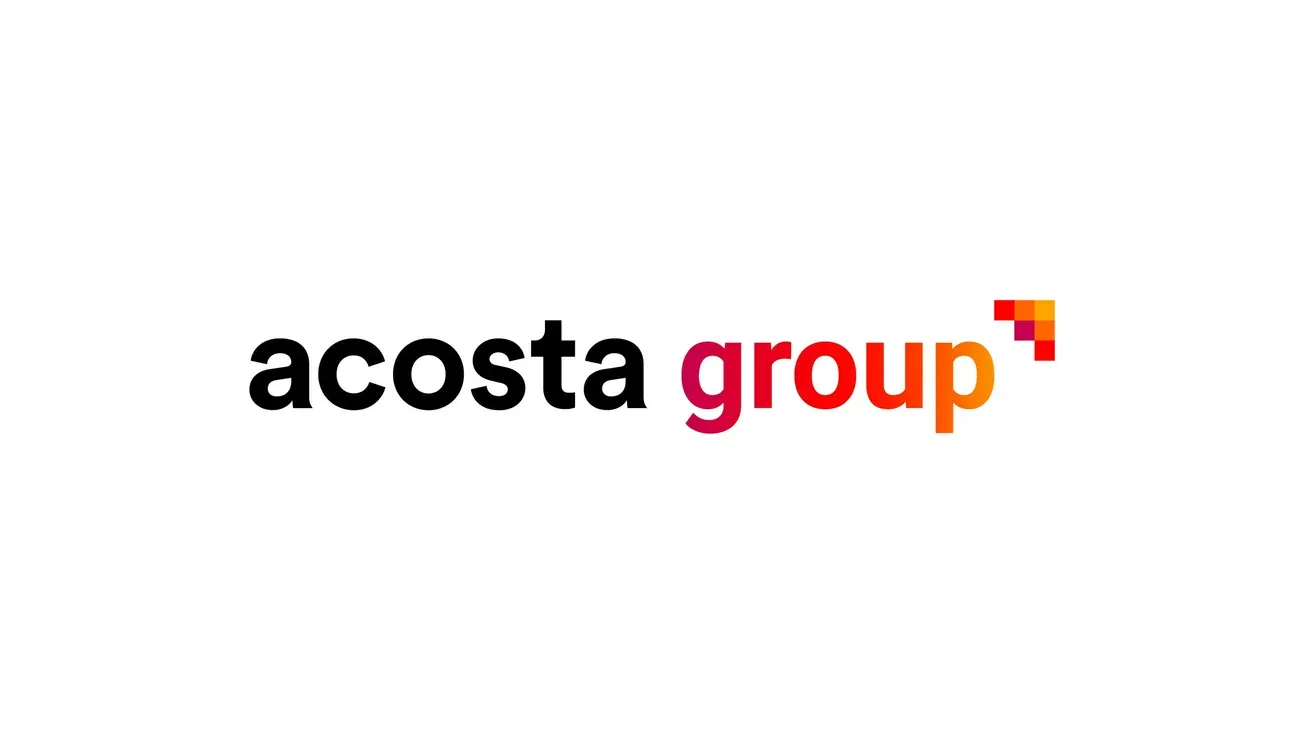CINCINNATI — Rodney McMullen, chairman and chief executive officer of Kroger Co., was joined by Albertsons Cos.’ CEO Vivek Sankaran last month in defending the companies’ proposed merger before a U.S. Senate subcommittee, whose members raised concerns over whether a combination of the nation’s two largest supermarket chains would harm consumers and workers.
A merger would put the combined company in a stronger position to compete with competitors in the food retailing sector as well as deliver a stronger value proposition for shoppers, McMullen said in testimony to the Judiciary Committee’s Subcommittee on Competition Policy, Antitrust, and Consumer Rights.
“We operate on razor-thin margins. This merger will give us the flexibility, national footprint and digital capabilities to compete more effectively,” McMullen said. “Our business model is built around lowering prices to attract more customers, rather than making higher margins on fewer customers. Our fundamental strategy is to lower prices, invest in associates and the customer experience, and support our local communities.”
McMullen told the senators that the deal will secure union jobs. “Since 2012, we’ve grown our unionized workforce by more than 100,000. We will not close any stores, distribution centers or manufacturing facilities or lay off any frontline associates as a result of this merger.”
The companies expect to finalize the transaction in early 2024, pending regulatory approval and other closing conditions, including mandatory divestitures.
Kroger on December 6 said it had received a “second request” for information from the Federal Trade Commission as part of the agency’s antitrust review.
“Kroger looks forward to realizing the compelling benefits this merger will offer,” the company said in a statement. “We will continue to work cooperatively with the Federal Trade Commission as it conducts its review of the merger, including developing a thoughtful divestiture plan.”
In the meantime, Kroger’s business is humming along. The company this month said sales, excluding fuel, increased 6.4% to $34.2 billion in its fiscal third quarter. With consumers continuing to demonstrate a willingness to spend on food despite rising prices, the company raised its forecast for the full year.
McMullen said the growth is being driven by Kroger’s value proposition, which he said includes providing great quality, fresh products at affordable prices, data-driven promotions, trusted private brands and a rewards program that is boosting customer loyalty.
“This quarter demonstrates the strength of our approach to growing our business,” McMullen said. “By delivering for our customers, investing in our associates and supporting our communities, we are creating attractive and sustainable total returns for our shareholders.”
Kroger said comparable-store sales, excluding fuel, increased 6.9% in the quarter ended November 5. Digital sales increased 10% from a year earlier, the company said. Delivery sales, driven by Kroger Boost and Customer Fulfillment Centers, were up 34%. Kroger introduced floral and sushi delivery in collaboration with DoorDash in more than 1,000 locations during the quarter.
Sales for its own brands increased 10.4%. Kroger said it introduced 147 store brands in the third quarter, including holiday-related merchandise. Kroger recently introduced the Our Brands Innovation Summit, a program to help find new private brands items that highlight market trends.





